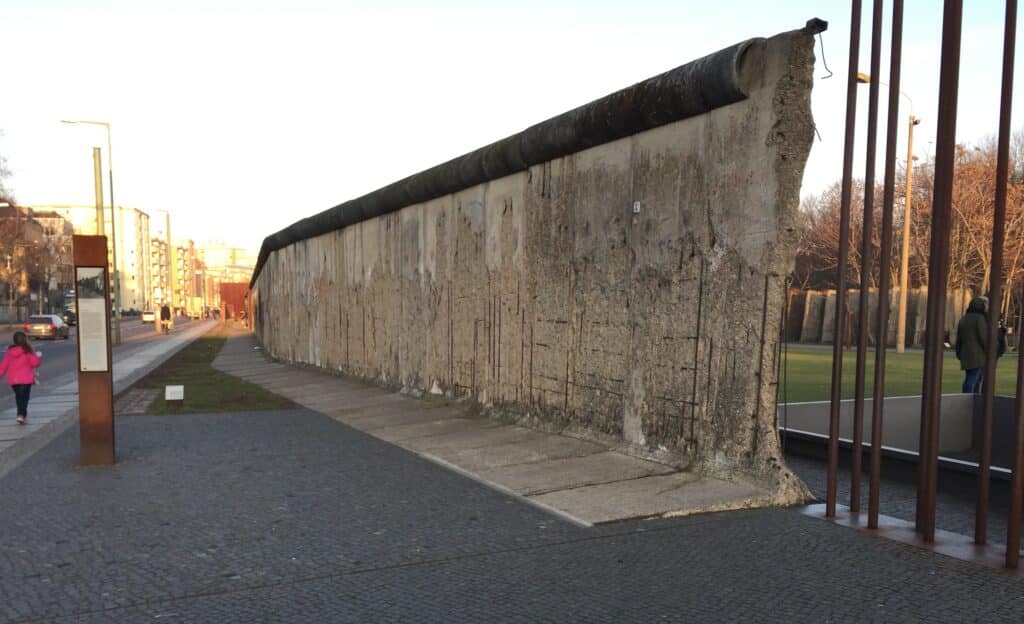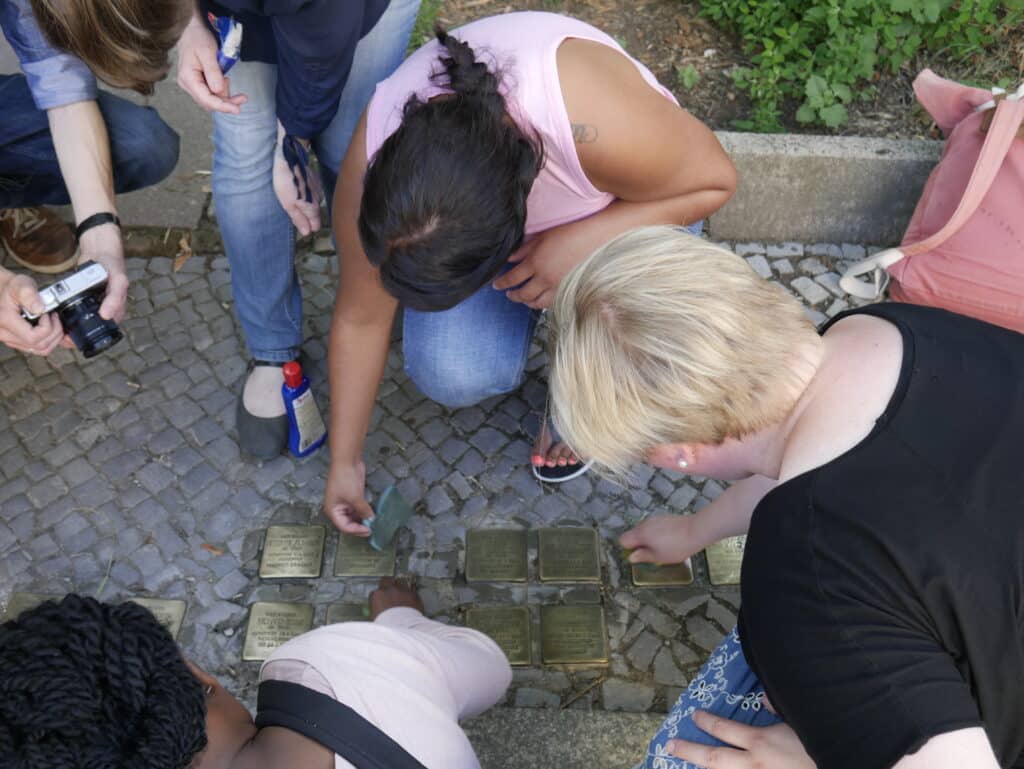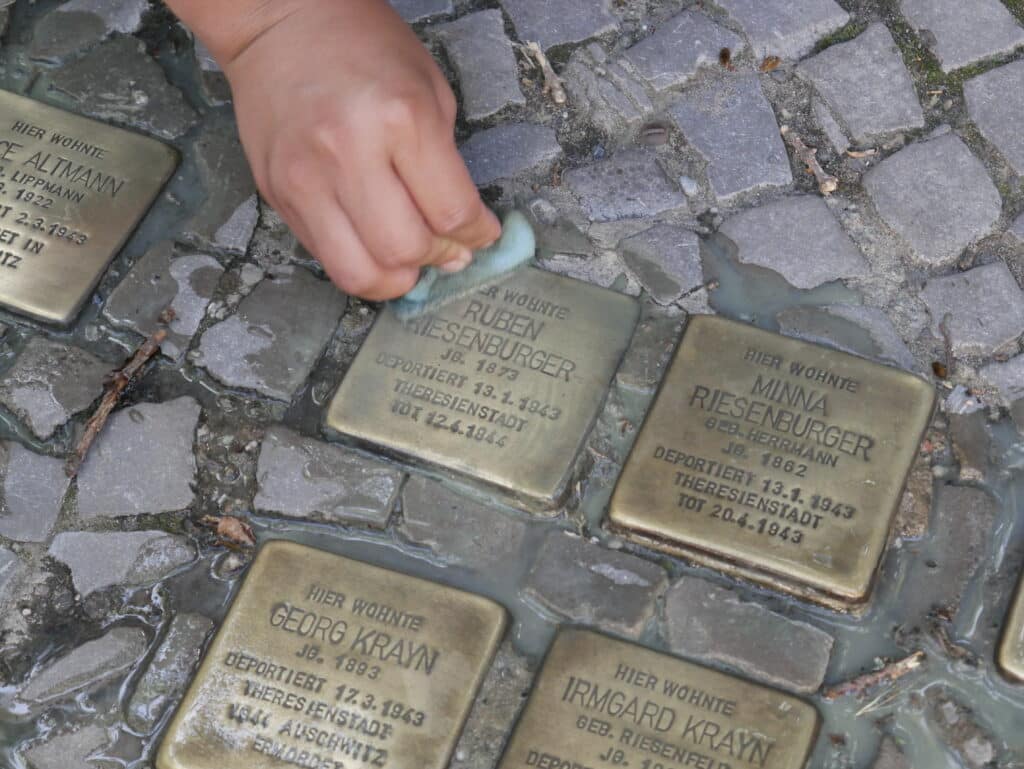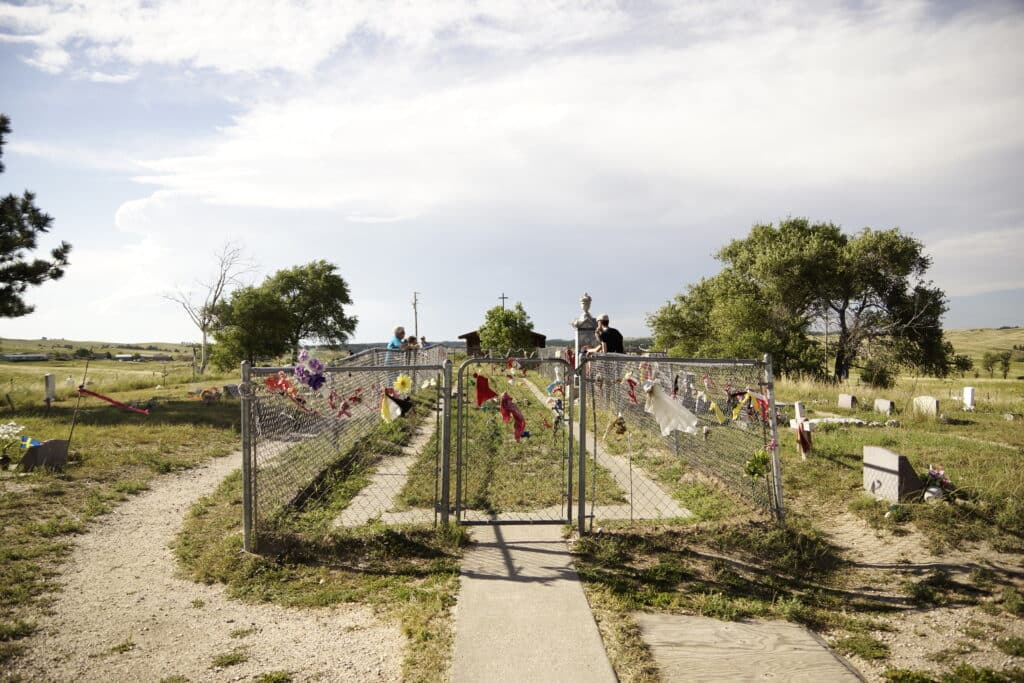Pray with Germany, June 16, 2024
Lectionary Selection: Mark 4:26-34
Prayers for Germany
God, we thankfully celebrate 75 years of democracy in Germany these days. In 1949, a constitution was signed that gave birth to a German government under the rule of law. This was not a given situation. Just a few years before, terror, brutality, antisemitism, racism, and inhumanity reigned in Germany. Now, the first sentence in the German basic law opens this constitution: “Human dignity shall be inviolable.“
Shameful memories from aggressive German invasions in World War 2, German concentration camps, the Holocaust, and German war crimes throughout Europe and beyond shaped the development of our German post-war society. After a period of silence, awareness in German civil society grew like a mustard seed. We have to remember our dark history to avoid these mistakes and sins in the future.

For years, it seemed clear what to do to maintain this sense of responsibility. It was easy to ask contemporary witnesses for their memories. It seemed natural to erect memorials and invoke the phrase “Never again!“ After the fall of the Berlin Wall in 1989, it looked like tyranny and dictatorship had ended forever in Germany and Europe. A peaceful future with justice and civil rights for all seemed more and more self-evident.
But now we realize that memories fade, and contemporary witnesses pass away. These experiences, memories, hopes, and insights seem very distant for a young generation. Instead, they realize a “new normal”—war has erupted in Europe again. Different societal opinions polarize and poison the atmosphere between groups and lead to harsh arguments. For some, forgetting about our common history and its lessons seems convenient.
O God, you promised that the mustard seed is growing. Jesus promised that our success under your reign is different from the success of the powerful, brutal, and selfish people. Jesus blessed the poor, those who mourn, those who hunger for righteousness, those who are merciful, and those who seek peaceful solutions. The parable of the mustard seed tells us that you bless the tiny and weak. The mustard seed holds the promise that it will develop into a wonderful and strong shelter for life.

We pray that you help grow the small seed again and that it develops and creates a home for hope, peace, comfort, and love. Help to teach a young generation about the memories of the past. Help to connect the next generation to ecumenical partners of their age in other countries. Help organize new exchanges for young people about global problems, fears, hopes, and worldwide justice. Help to pass the insights of the last 75 years into the future. The small seed will grow again and again to provide shelter for bright, diverse, and colorful expressions of life.
Amen
Mission Moment from Germany
History tells stories. That statement seems to hold simple wisdom. But what about these other simple questions, “Which stories are being told? Whose stories are being honored?“ Memories are essential for storytelling. Memories easily get lost. But if memories are cultivated like seeds, they grow up and provide a structure for helpful orientation.
We know it’s easier to remember with a photo, a journal entry, or a souvenir in hand. So it is in telling history, too. Let’s look at Ancient Egypt. Everybody knows about the pyramids. By seeing them, we learn that these giant monuments are tombs. They bring to our minds the Pharaohs who were buried there. Their names are engraved on these bricks. Their stories are told by these buildings.
But what about the slaves, the construction workers who built these giant monuments? Their stories remain untold, and their names are forgotten. The historical site tells only the story of the powerful.
If we listen to the Bible, we hear different stories. The Bible tells us about Moses, Miriam, and the enslaved Hebrews in Ancient Egypt. Here are memories of slaves, suppressed people, victims, and powerless people. The Bible preserves their haunting memories, as well as their love, hope, and faith. The Bible passes this on as well. This is like a seed that will grow up for the next generation.
To cultivate memories not engraved in stone, it‘s important to ask questions, create moments of reflection, and recall these memories. For example, in the Bible, the Hebrews are taught that their children shall ask the parents every year anew at Passover, on the night of liberation, “What do you mean by this?“

This is the Culture of Remembrance. The central question is, “What must we not forget?“ In 2013, 2016, and 2018, youth and young adult groups from the Union of Evangelical Churches (UEK/EKD) Germany participated in a series of meetings inspired by our partners in the UCC in Pennsylvania and South Dakota. Our partners in the UCC hosted other international guests and Germans from UEK/EKD. Then we invited guests from America and Africa to meet in Berlin and the Rhineland. Americans from our partners, as well as partners from Namibia. We gathered as “partners in peace“ to ask which memories from the past should never be forgotten. The young people reflected on which historical events must always be remembered.

The participants visited several places of remembrance in Germany of the Holocaust. They dug into the history of Jews and persons in the Resistance against National Socialism and Hitler in Germany, learning their stories. These young people rode bikes along the remnants of the former Berlin Wall. They listened to contemporary witnesses about how their fate was interrupted by living next to a fortified wall. The group reflected on how to remember the German Genocide of the Hereo and Nama peoples in Namibia. Germans and Americans of different ethnic backgrounds visited sites of the Underground Railroad in Pennsylvania. They listened and learned at Wounded Knee, South Dakota, about the massacre that happened there in 1890 through the memories of Native Americans. The group also learned about the ongoing suffering of the Lakota people and about examples of expropriation and ethnic cleansing of North American Natives still happening today.
To ask for memories that should not be forgotten is important because contemporary witnesses are getting older or passing away. So, a new generation must find new ways of learning about the untold stories of history. The seed has to grow up again. The COVID-19 pandemic interrupted this series of exchanges. It was difficult to travel. Online contacts are no substitute for meetings in real life at real memorial sites. So, it is time now to start this project anew. That’s our mission now. Funds have to be collected. New volunteers have to be inspired. The mustard shall grow up again. It’s about pain and loss and hope and God’s promise of liberation, “What must we never forget?“
Written by Martin Burmeister, Pastor, Vice Chair of the UCC-UEK-Forum in the EKD
Make a gift to support the work of the Union of Evangelical Churches (Germany)
